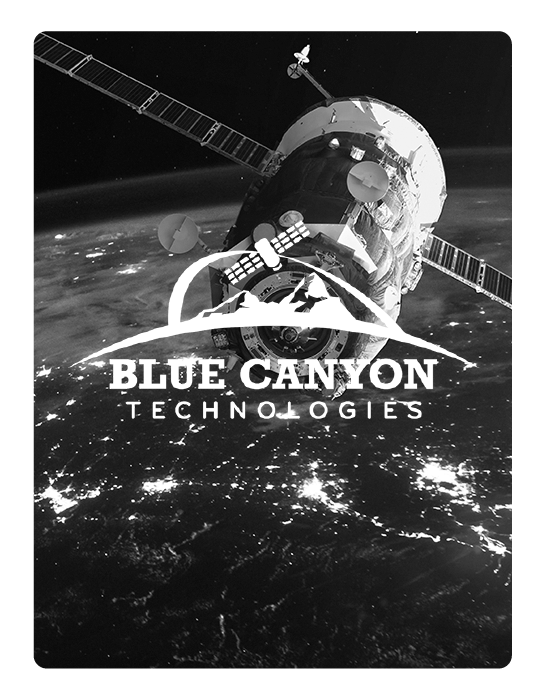BCT’s FleXible Attitude Control Technology (XACT) systems allow customers to achieve multi-million-dollar spacecraft pointing and attitude knowledge in a compact, commercial design.
As the world watched the NASA Insight Lander make its way to Mars in 2018, they did so thanks to Blue Canyon Technologies (BCT)’s MarCO interplanetary CubeSat data relays – guided by the company’s Small Business innovation Research (SBIR)-funded XACT technology. BCT’s FleXible Attitude Control Technology (XACT) systems allow customers to achieve multi-million-dollar spacecraft pointing and attitude knowledge in a compact, commercial design. By achieving large spacecraft performance in less than 1% of the cost and volume, customers are able to innovate in aerospace more quickly, and with less risk.
Founded in 2008, BCT is a vertically-integrated spacecraft manufacturer, providing turn-key spacecraft, CubeSats (3U, 6 U, 1 2U), microsats (to ~ 350kg), components, subsystems, star trackers, reaction wheels, and attitude determination and control systems (ADCS). To overcome the limited performance of CubeSat ADCS, BCT developed a reliable, high-performance design compatible with a variety of CubeSat configurations. The XACT architecture leverages a powerful processing core, state-of-the-art star tracker, and low-jitter reaction wheels to enable a new generation of highly capable, precision-pointing, miniaturized spacecraft. The funding and support of the SBIR program allowed BCT to attract top performers and to develop the fundamental technologies of the XACT system. In addition to the continued success of the XACT product line, BCT was able to create additional product lines around reaction wheels, star trackers, and turn-key attitude control systems.
The SBIR-funded XACT system is the core of the company’s business today – almost all of BCT’s products (i.e. attitude control systems, reaction wheels, star trackers, spacecraft) have their roots in the original XACT design. The commercialization of XACT has also led to the enablement of a commercial Synthetic Aperture Radar (SAR) industry, which in turn has greatly impacted military ability to monitor beyond the limits of optical imaging. Additionally, through the ASTERIA mission, BCT demonstrated the ability to conduct exoplanet detection via CubeSats, and was a component of the NASA Goddard’s IceCube mission, a radiometer for climate science, as well as MinXSS, a solar x-ray spectrometer for space weather launched by the University of Colorado, Boulder and the Laboratory for Atmospheric and Space Physics (LASP).
As of early 2020, BCT had over 70 orders placed for XACT systems – which together with its derivative components (e.g. star trackers and reaction wheels) have already enabled more than 90 spacecraft. BCT has enabled the “new-space” opportunity, serving Defense, NASA, and the commercial space industry, with 16 spacecraft, 43 guidance, navigation, and control Systems (including XACT and FleXcore), 80-star trackers, and 258 reaction wheels flown. The company has seen 79 cumulative spacecraft orders from 45 different spacecraft programs, and an additional 70 ADCS for user-built spacecraft. BCT has also received $150,000 in Phase III follow-on funding from NASA Ames Research Center in support of the BioSentinel mission.
As BCT continues to provide not only components, but entire missions, the company’s ability to leverage common hardware and software across programs demonstrates its efficiency and effort to enable state-of-the-art space operations at a fraction of the cost – constantly pushing the envelope of space access and mission performance.


